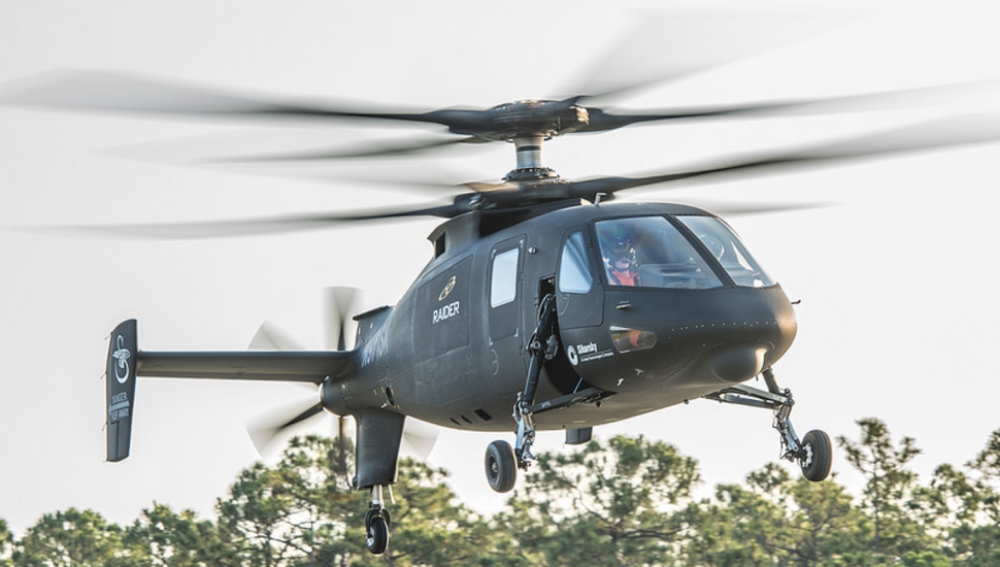The US Army launched a manned-unmanned aircraft teaming demonstration programme on 14 March which is intended to help rotorcraft pilots better coordinate with autonomous drones in combat.
Called the Advanced Teaming Demonstration Programme (A-Team), manned-unmanned teaming systems that are engineered could be installed on the service’s new Future Vertical Lift aircraft. Those aircraft include the US Army’s proposed new scout rotorcraft, called Future Attack Reconnaissance Aircraft (FARA); a new medium-lift utility rotorcraft, called Future Long Range Assault Aircraft (FLRAA); and a new drone, called the Advanced Unmanned Aircraft System (AUAS), the service says in an online notice. The US Army also is interested in retrofitting its legacy fleet of helicopters with the manned-unmanned technology.
“The objective of the A-Team programme is to develop and demonstrate advanced teaming of manned and unmanned aviation assets to execute tactical missions with minimal human intervention, while operating as part of a combined arms team in a complex operating environment,” says the US Army. “An equally important objective of the programme is to develop and integrate technologies for advanced teaming using an open systems approach.”
The US Army anticipates programme participants will begin with technologies at varying Technology Readiness Levels (TRL) and mature many of them to TRL 6 or 7 with potential to transition into advanced component development and prototypes. The service defines TRL 7 as a prototype near or at a planned operational state, which has been demonstrated in an operational environment such as an aircraft, vehicle or space. For example, testing the prototype in a test bed aircraft.
The service plans to award funding in June 2019 for manned-unmanned enabling systems which include human machine interfaces, operations management, platform resource capability management and situational awareness management technologies.
Proposals are due no later than 29April 2019. The programme is planned to last from FY2019 to FY2023.
Source: Flight Global

